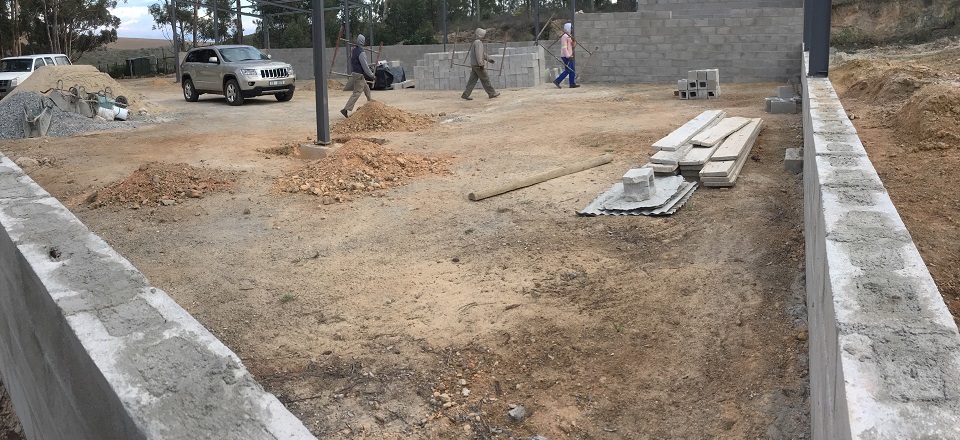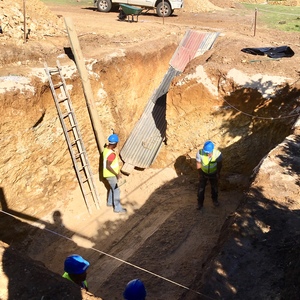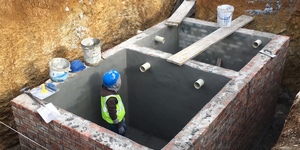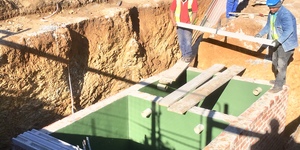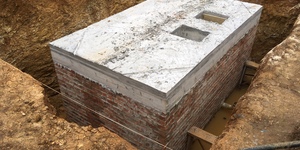NOTHING BEATS A SOLID FOUNDATION
One of the most important parts of any building is its foundation because it provides the necessary support for the structures it carries. Costly problems can occur if the basic requirements for a solid foundation are not met, including differential settlement, a compromised structure and even structural collapse.
It is a common misconception that the word “foundation” only refers to one element of a structure, namely the foundation trench. A foundation actually contains several elements, including the ground that supports the structure as well as all the elements between the ground and the structure above ground. For example, the foundation for the average home will include a foundation trench, the soil, sand or rock underneath the trench, the concrete strip footing and the foundation brickwork.
Your structural engineer can guide you on the steps you need to take to ensure that the foundation for your home or building project is sound. In some cases, where there is doubt about the suitability of the soil conditions, the assistance of a geotechnical specialist will also be necessary. This is particularly relevant in the Overberg, where there is a wide variety of sub-soils - from sand and rock strata to thick clay.
Different types of foundation designs are used to accommodate these different soil conditions and types. Where it is unsafe or uneconomical to use standard foundations, for example where there is a high probability that the soils will deform under load, your structural engineer will suggest the necessary soil improvement or design strategies.
All foundations for single and double-storey structures have to comply with the National Building Regulations, SANS 10400 Part H. (Visit www.sabs.co.za for more information on legislation).
If you need help to ensure that your building’s foundations are solidly built, contact Kent Georgala at Omega Consulting Africa for expert structural engineering advice.







.jpg?width=200&height=94)





